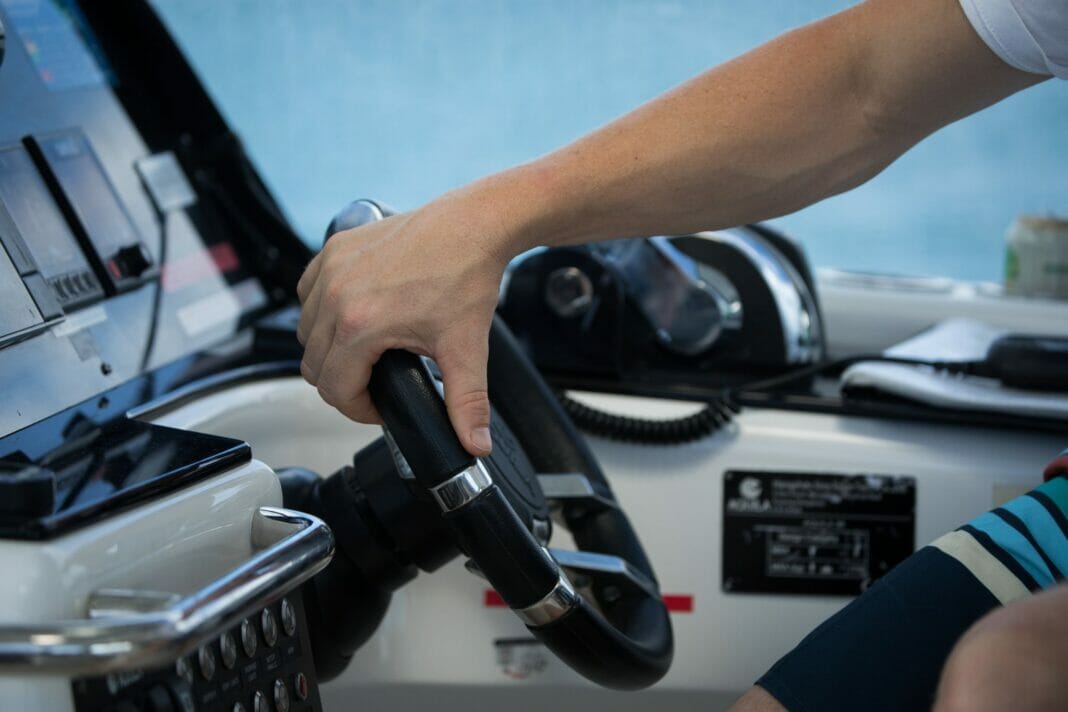How to Start Boating: A Beginner’s Guide to Boating

Boating is an enjoyable recreational activity that allows you to explore the beauty of nature while experiencing the thrill of being on the water. Whether you are a water sports enthusiast, an angler, or simply love the tranquility of nature, boating is a perfect hobby to pursue. This beginner’s guide will provide essential information to help you start your boating journey, including choosing the right boat, acquiring the necessary skills and knowledge, and staying safe on the water.
Choosing the Right Boat
There are many types of boats to choose from, but it is important to find the one that suits your needs and budget. Here are some popular boat types for beginners:
- Dinghies – small, lightweight, and easy to maneuver, dinghies are great for learning the basics of boating. They are often used for sailing, rowing, or powered by small outboard engines.
- Bowriders – perfect for family outings or watersports, these versatile boats offer comfortable seating, a swim platform, and some even have small cabins for overnight stays.
- Pontoon boats – characterized by their flat decks and multi-hull design, pontoon boats are ideal for leisurely cruising, fishing, or entertaining large groups.
- Center console boats – designed primarily for fishing, these boats offer 360-degree access to the water and ample storage for your fishing gear.
- Cuddy cabins – similar to bowriders, but with an enclosed cabin, these boats provide shelter and basic sleeping accommodations for overnight trips.
Acquiring the Necessary Skills and Knowledge
Before hitting the water, you need to develop certain skills and acquire important knowledge to ensure a safe and enjoyable boating experience. Here are some key tips for beginners:
- Boating licenses and registrations – Depending on your location, you may need a boating license or complete a boating safety course. Check your local requirements and ensure your boat is properly registered and has the necessary permits.
- Learn the rules of the water – Just like on the road, there are rules to follow on the water. Familiarize yourself with navigation rules, including the right of way, speed limits, and aids to navigation.
- Boating terminology – To effectively communicate with other boaters, it is essential to understand basic boating terms such as bow, stern, port, starboard, and more.
- Knots and lines – Knowing how to tie common knots and properly handle lines is essential for docking, anchoring, and overall boating safety.
- Weather knowledge – Always check the weather forecast before heading out on the water, as conditions can change rapidly. Learn how to read weather signs, such as cloud formations and wind patterns.
Practice Makes Perfect
Boating is a skill that takes practice to master. Here are some practical tips to improve your skills:
- Start slow – Familiarize yourself with the controls and handling of your boat before venturing out into challenging situations or adverse conditions.
- Take a class – Many organizations offer boating classes for beginners, where you will learn essential skills and knowledge in a structured environment.
- Learn from experienced boaters – Spending time on the water with an experienced boater can be an invaluable learning experience. Pay attention to their techniques and ask questions.
- Practice docking and anchoring – These are essential boating skills that need to be practiced to ensure confidence and safety on the water.
Stay Safe on the Water
Safety should always be a top priority when boating. Here are some tips to stay safe:
- Always wear a lifejacket – Lifejackets save lives. Ensure that all passengers wear one, and keep an appropriate number and size on board.
- Maintain your boat – Regular inspections and maintenance can prevent mechanical failures and accidents on the water.
- Be prepared for emergencies – Have a well-stocked first aid kit, a VHF radio, and flares on board. Know how to call for help in emergencies, and have an emergency plan in place.
- Avoid alcohol – Boating under the influence is illegal and increases the risk of accidents.
- Pay attention to your surroundings – Keep your eyes and ears open for other boats or obstacles in the water, and be prepared to act quickly if necessary.
Boating is an exciting and enjoyable pastime, but it requires careful preparation, skill development, and safety awareness. By following this beginner’s guide, you will be well on your way to enjoying a lifetime of boating adventures. Remember, practice makes perfect, and always prioritize safety on the water. Now, it’s time to start your boating journey – happy boating!


